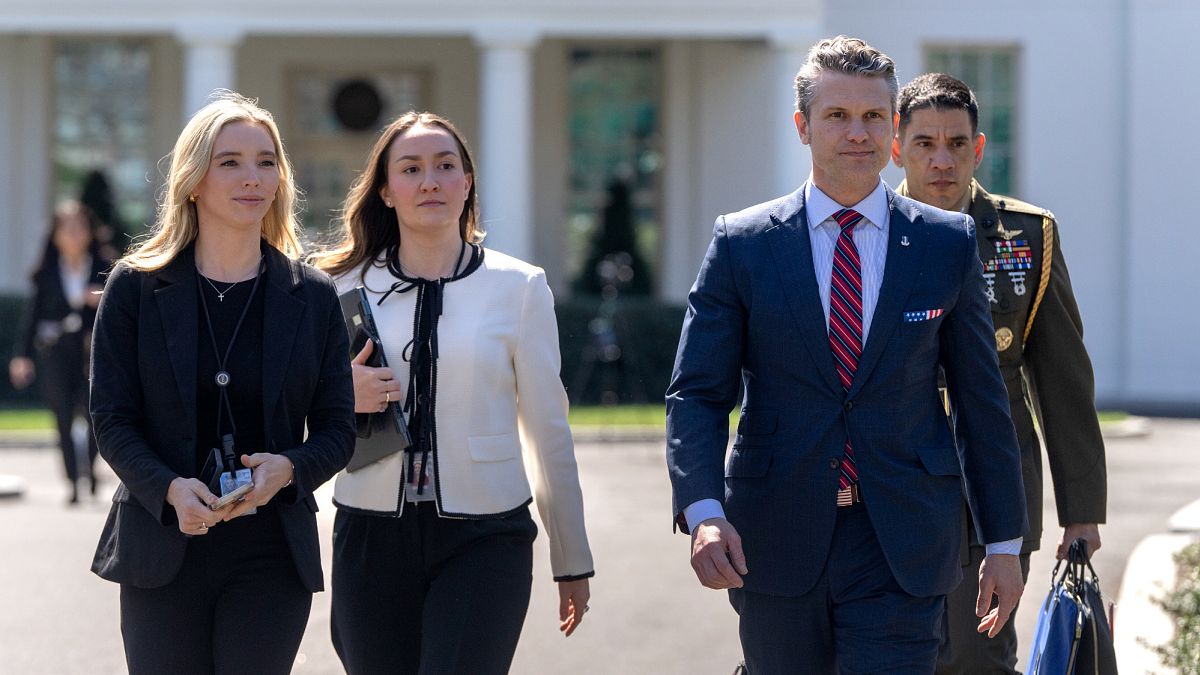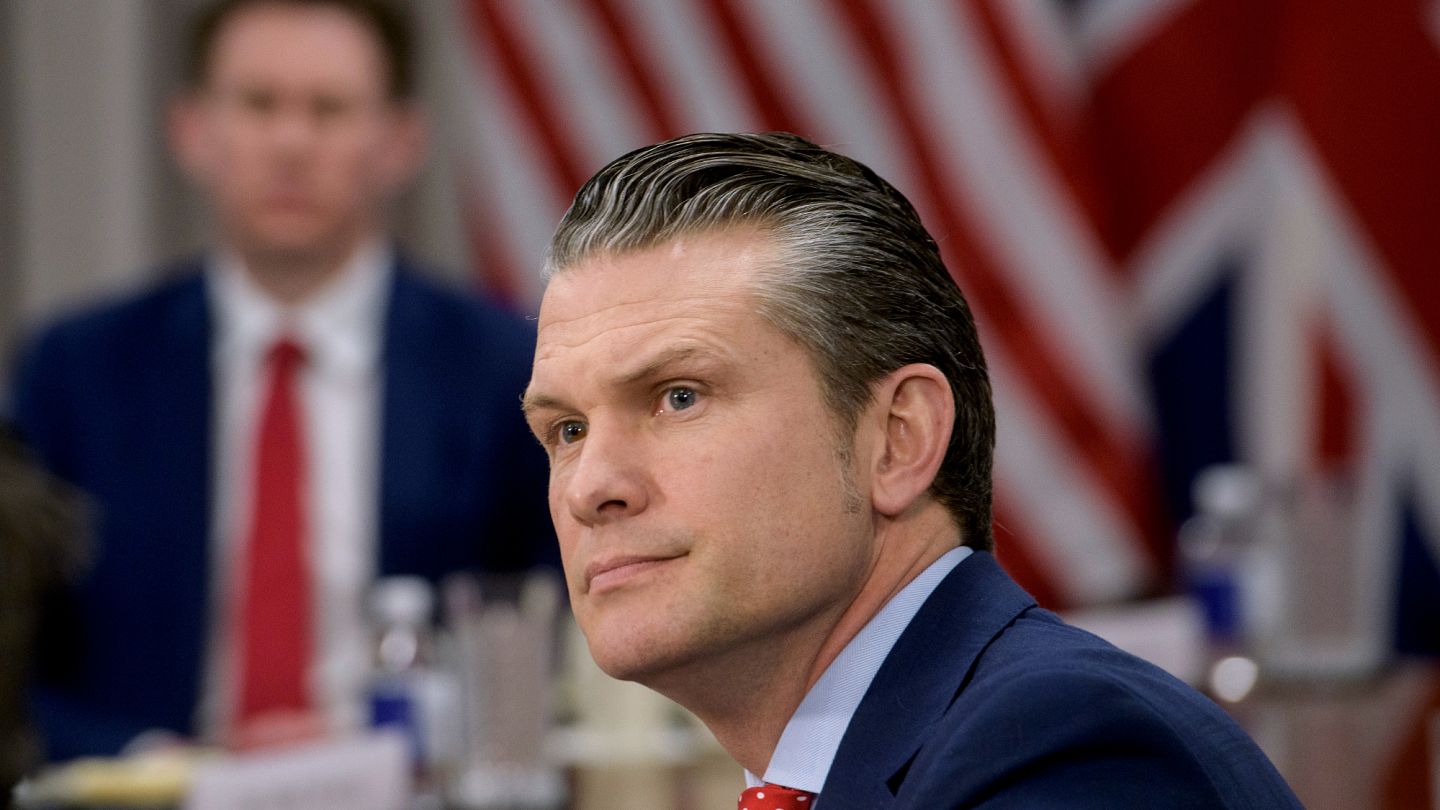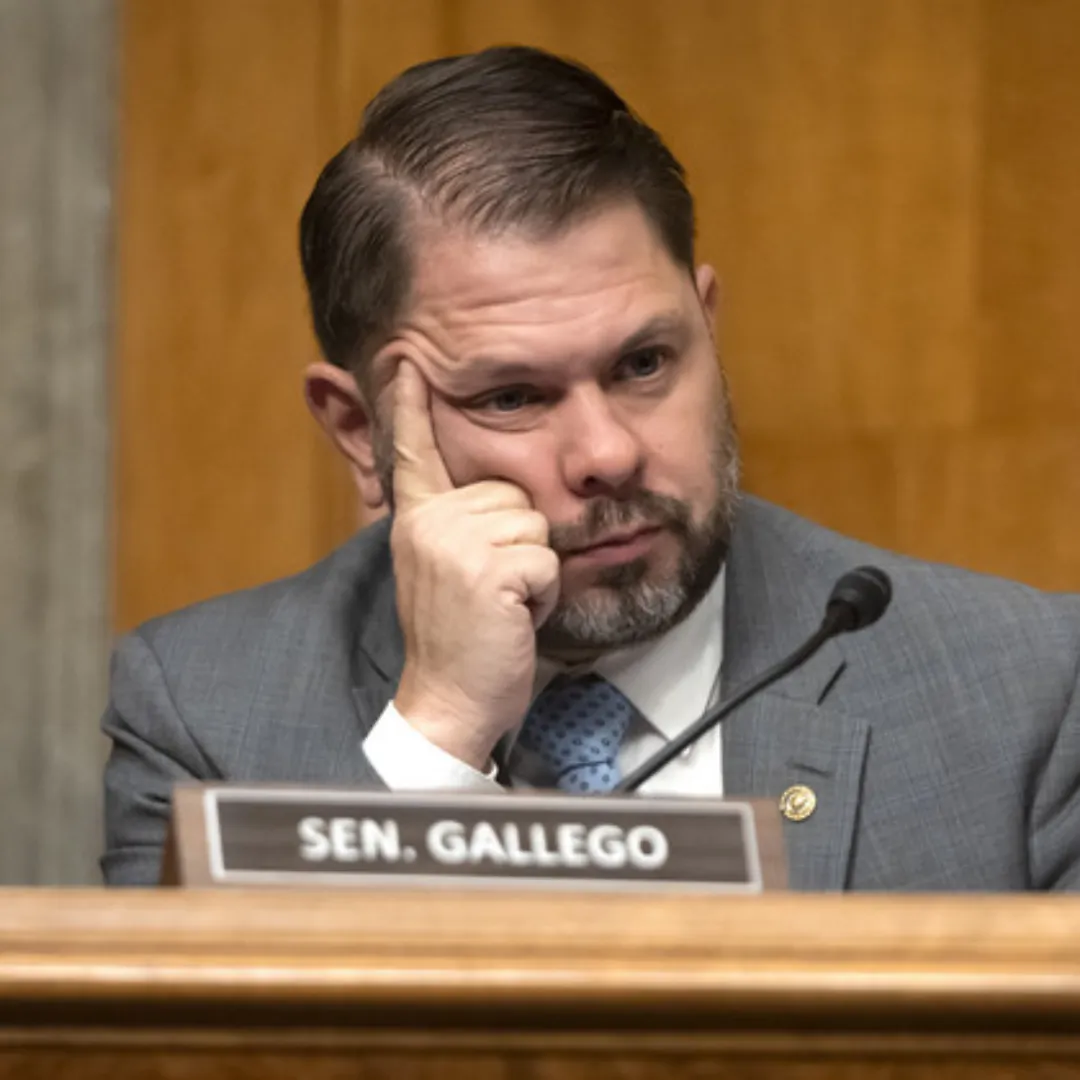
In what has quickly become one of the most volatile controversies to hit the Department of Defense in years, fresh revelations have emerged linking Defense Secretary Pete Hegseth to yet another unauthorized use of private messaging to discuss sensitive military operations.
According to reports now confirmed by multiple sources, Hegseth created and participated in a second encrypted Signal chat where information regarding a recent U.S. airstrike in Yemen was shared—this time not just with government officials, but with his wife and brother.
The discovery of this second Signal thread, dubbed "Defense ' Team Huddle," has intensified an already mounting crisis for Hegseth and cast a wider shadow over President Donald Trump’s administration, which has so far stood by the embattled defense secretary despite bipartisan calls for his removal.
According to a person familiar with the content and recipients of the chat, the thread involved thirteen people. Among them were Jennifer Hegseth, the secretary’s wife and a former Fox News producer, and Phil Hegseth, his brother, who currently serves at the Pentagon as a Department of Homeland Security liaison and senior adviser. Both have frequently accompanied the secretary during high-level meetings and international travel.
The Signal messaging platform, while known for its encryption and privacy, is not authorized by the Department of Defense for the discussion of classified or sensitive national defense information. The inclusion of individuals not holding security clearances in the same thread where warplane launch times and strike details were reportedly shared has sparked immediate concern across both political and military circles.
White House Deputy Press Secretary Anna Kelly attempted to downplay the report late Sunday, calling it a "non-story" and blaming "recently-fired 'leakers'" for stirring controversy in an effort to retaliate against the administration.
"No matter how many times the legacy media tries to resurrect the same non-story, they can’t change the fact that no classified information was shared," Kelly said. "Recently-fired 'leakers' are continuing to misrepresent the truth to soothe their shattered egos and undermine the President’s agenda, but the administration will continue to hold them accountable."
However, the pushback did little to stop the flood of criticism. Senate Democratic Leader Chuck Schumer, one of the administration’s fiercest critics, weighed in immediately after the news broke.

"The details keep coming out. We keep learning how Pete Hegseth put lives at risk. But Trump is still too weak to fire him," Schumer posted on X. "Pete Hegseth must be fired."
The second chat appears to mirror the content of the first Signal thread that was previously reported and published in part by The Atlantic. That first thread had included Cabinet-level officials and had gained public attention after Jeffrey Goldberg, editor-in-chief of The Atlantic, was mistakenly added to the group.
The content of that chat revealed the use of non-secure communication to outline details such as weapons systems and timelines related to the March airstrike on Houthi targets in Yemen.
Both chat threads, according to multiple officials who either viewed the messages or were briefed on their contents, contained information that would typically be considered classified until after the operation was concluded. These included take-off times, strike windows, and ordnance data—details that, if disclosed before execution, could jeopardize the mission and the lives of American pilots involved.
"This kind of communication isn’t just reckless—it’s potentially criminal," said a former intelligence official who reviewed parts of the leaked messages. "If these details were shared before the operation, that’s not just a security breach. That’s an operational compromise."
Currently, the Defense Department’s acting inspector general has launched an investigation into the first Signal chat and is now reportedly expanding the probe to include the newly uncovered second thread. The investigation was initiated at the request of both Senate Armed Services Committee Chairman Roger Wicker, a Republican from Mississippi, and ranking Democratic member Jack Reed of Rhode Island.
On Sunday evening, Reed called for a deeper investigation and an immediate explanation from Hegseth.
"Secretary Hegseth must immediately explain why he reportedly texted classified information that could endanger American servicemembers’ lives," Reed said. "I have grave concerns about Secretary Hegseth’s ability to maintain the trust and confidence of U.S. servicemembers and the Commander-in-Chief."

This latest development comes amid broader upheaval at the Pentagon. Last week alone, four senior officials either resigned or were escorted out of the building under the shadow of the investigation.
Dan Caldwell, a longtime aide to Hegseth and his designated point person for the original Signal chat, was among them. Also dismissed were Colin Carroll, chief of staff to Deputy Defense Secretary Stephen Feinberg, and Darin Selnick, Hegseth’s deputy chief of staff.
While the three were initially placed on administrative leave, they were later removed from their positions entirely. In a statement shared by Caldwell on social media, the trio expressed frustration with the process.
"We still have not been told what exactly we were investigated for, if there is still an active investigation, or if there was even a real investigation of 'leaks' to begin with," the statement read.
The same week also saw the departure of former Pentagon spokesperson John Ullyot, who insisted that his resignation was unrelated to the leak investigation. However, Pentagon officials later confirmed that Ullyot had been asked to resign.
With internal leadership in flux and public confidence waning, observers say the administration’s reluctance to act against Hegseth could have lasting implications.
"The defense secretary’s role is not ceremonial—it’s a position of supreme trust," said Caroline Feld, a retired general and security analyst. "If that trust is broken, especially by something as serious as mishandling war plans, the consequences ripple far beyond one scandal. It affects how our military operates, how our allies perceive us, and how enemies calculate risk."
So far, President Trump has made no public statement addressing the Signal chats. Sources close to the White House say the President has been privately advised to keep his distance from the controversy, especially as calls for accountability grow louder in Congress.
Behind the scenes, some members of Trump’s inner circle are said to be pressuring Hegseth to resign voluntarily to avoid further political fallout. Others argue that any such move would be seen as a concession to critics and would embolden opposition.

For now, Hegseth remains in place, though his position appears increasingly tenuous. The outcome of the inspector general’s investigation may ultimately determine whether he stays or is forced out. Until then, questions remain unanswered, and morale inside the Pentagon continues to deteriorate.
"What’s happening now is more than a personnel issue," said a senior Pentagon official not authorized to speak publicly. "It’s about institutional integrity. And right now, that integrity is under serious threat."
As the probe expands and more details emerge, the administration faces growing pressure to show that national security is not being compromised for loyalty or political convenience.
Whether that pressure will finally lead to action remains uncertain. But one thing is clear—the Signal scandal has become more than a whisper in the halls of the Pentagon. It is now a full-blown crisis.
-1746294614-q80.webp)


